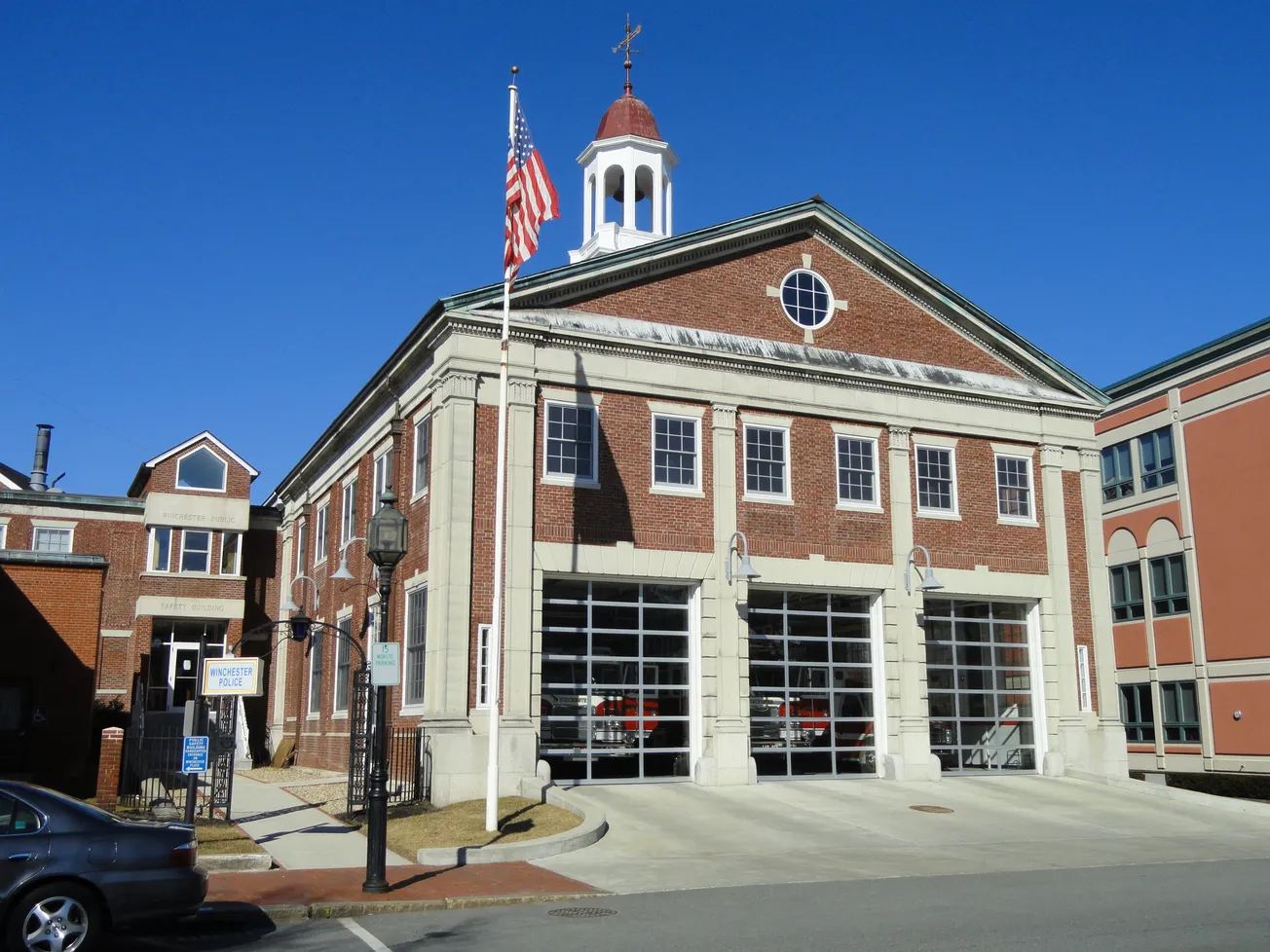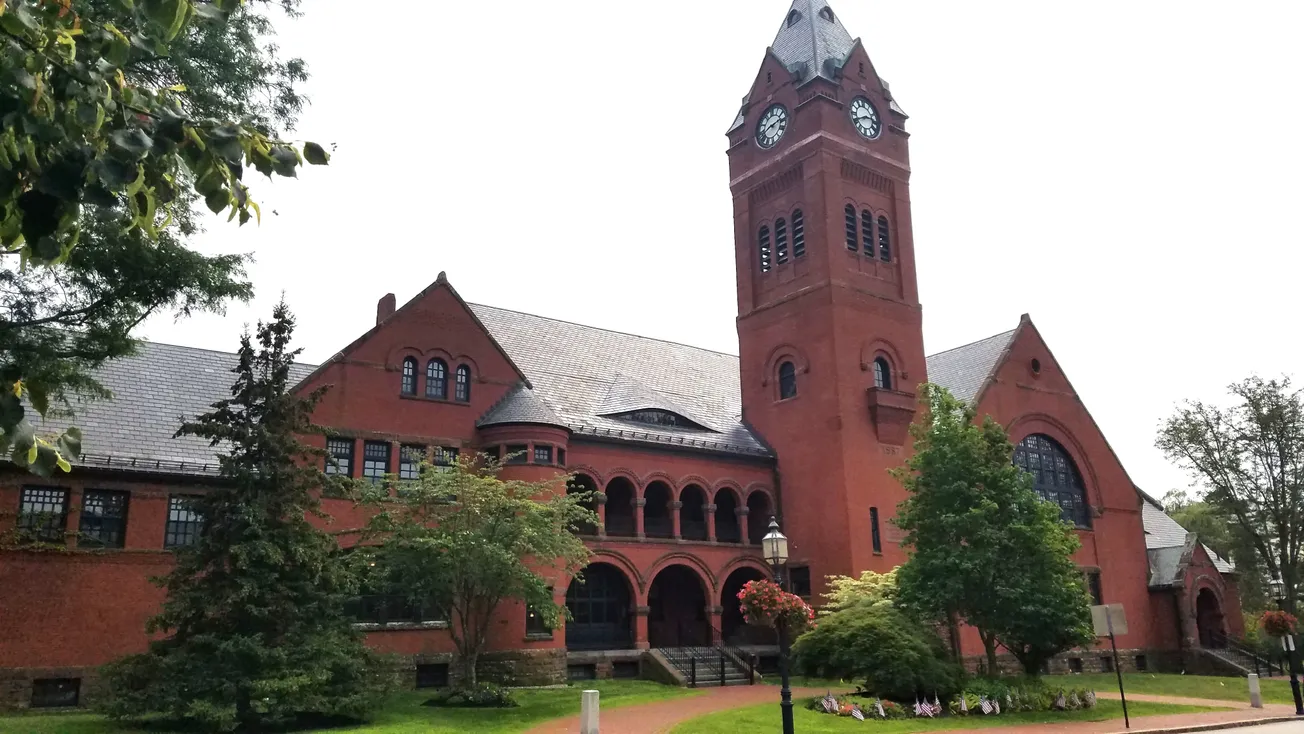Table of Contents
By Rachel Whitehouse Nov. 18, 2023
On Thursday, Nov. 16, Town Meeting approved Article 31, which amends Section 6 of the Public Shade Tree Bylaw with the goal of helping to reinvigorate the work of Winchester’s Permanent Street Tree Committee (PSTC). Winchester’s public trees include those planted on public streets, on school grounds, and in Winchester’s conservation spaces.
David W. Miller, Chair of the Conservation Commission which sponsored the article, was the proponent. “While this vote does not change the role of the PSTC, it clarifies Committee membership and enables the committee to work closely with the DPW and other Town staff to implement the bylaw and create a high-functioning public tree program in Winchester,” he said. “At its simplest, this would target planting more trees each year than are removed. This is not currently the case in Winchester.”
Miller continued, “The PSTC also aims to maximize the full benefit of trees for the Town by focusing tree planting in areas where their impact will be greatest.”
As an advisory board to the Select Board, the PSTC assists the town in the planning, funding, and implementation of street-tree planting and maintenance. The PSTC also oversees the Peter Van Aken Permanent Street Tree Fund, a privately-funded program honoring former Planning Board member, selectman and founder/former chair of the PSTC.
The by-law amendment adds a Climate Action Advisory Committee representative and the town Sustainability Director (as a non-voting member), and makes other technical changes intended to improve the committee’s functioning.
Public shade trees have aesthetic appeal, contribute to the distinct character of neighborhoods, improve air quality, provide glare and heat protection, reduce noise, aid in the stabilization of soil, provide natural flood-and climate-control properties, contribute habitats and provide food for wildlife, enhance property values, provide natural privacy to neighbors and help absorb carbon dioxide (COç) from and return oxygen (Oç ) to the atmosphere. Deciduous tree canopy has a moderating effect on the climate so that, by shading buildings and paved surfaces, trees have a cooling effect during the summer months. In communities like flood-prone Winchester, tree cover not only slows the rate of storm water runoff by catching some of the rain before it hits the ground, it also absorbs water from the ground.




